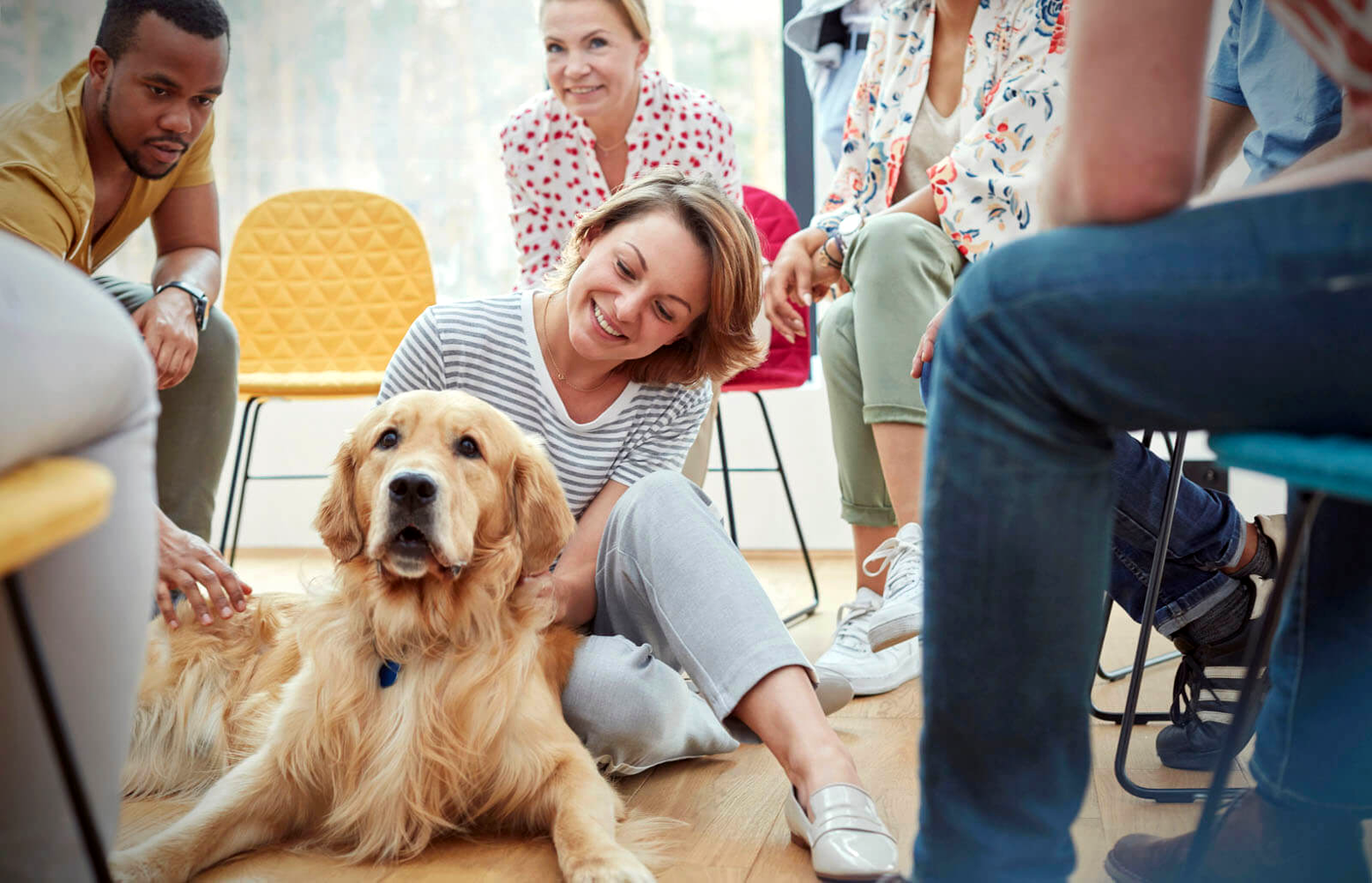In a world where pets have become cherished members of our families, understanding the significance of socialization in shaping their behaviour is crucial. Whether you’re a dog lover, or cat enthusiast, or have an affinity for more exotic companions, this article will delve into the profound impact of socialization on your furry or feathered friends. We’ll explore why socialization matters, the best practices for achieving it, and how it can lead to happier, well-adjusted pets.
Read More: Understanding Pet Behavior: Improving Communication and Bonding
Contents
The Basics of Socialization in Pet Behavior

What is Socialization?
Socialization refers to the process by which animals, particularly domesticated pets, learn to interact and adapt to their environment and the people and animals within it. This essential process occurs during a critical developmental period in an animal’s life and significantly influences their behaviour throughout adulthood.
Socialization involves exposing your pet to various situations, stimuli, people, and animals to help them become comfortable and well-adjusted in different settings. It is not just about teaching basic commands or obedience; it is about preparing your pet to navigate the complex world around them.
Why Does Socialization Matter?
Socialization is the foundation upon which a pet’s behaviour is built. Proper socialization helps pets develop confidence, reduce fear or aggression, and improve their ability to communicate effectively with both humans and other animals. It can make the difference between a well-behaved pet and one that struggles with behavioural issues.
Without adequate socialization, pets may develop anxiety, fear, and even aggressive tendencies. This can lead to a host of problems, including difficulty interacting with other animals, excessive barking, destructive behaviour, and even biting. In extreme cases, pets that haven’t been properly socialized may become a danger to themselves and others.
When to Begin Socialization
The Critical Period
For puppies and kittens, the critical socialization period typically occurs between the ages of 3 to 14 weeks. During this time, they are highly receptive to new experiences and influences, making it an ideal window for socialization efforts. This period is crucial because it sets the foundation for your pet’s behaviour throughout their life.
However, it’s important to note that socialization is an ongoing process. While the critical period is the most receptive time for learning and adapting, older pets can still benefit from socialization, although it may require more patience and consistency.
Methods of Effective Socialization

Exposure to Various Environments
One of the primary goals of socialization is to introduce your pet to a wide range of environments, people, animals, and situations. This exposure helps them become adaptable and less anxious in unfamiliar settings.
For dogs, this means taking them for walks in different neighbourhoods, allowing them to encounter various sounds, smells, and people. For cats, it involves exposing them to different rooms in your home, different types of toys, and guests who visit.
Positive Reinforcement
Using positive reinforcement techniques, such as treats, praise, and toys, can make socialization a rewarding experience for your pet. Rewarding desired behaviours reinforces their positive associations with new experiences. When your pet encounters something new or potentially frightening, offering treats and praise can help them feel more comfortable and less fearful.
Controlled Interaction
Gradual and controlled interactions with other animals and people are essential for building trust and preventing overwhelming situations. Supervised playdates and training classes can be highly effective in this regard. It’s important to ensure that these interactions are positive and stress-free for your pet, as negative experiences can have a lasting impact on their behaviour.
The Benefits of Proper Socialization in Pet Behavior

Reduced Aggression
Well-socialized pets are less likely to exhibit aggressive behaviours towards other animals or humans. This leads to a safer and more harmonious living environment. Dogs that are properly socialized, for example, are less likely to react aggressively when encountering other dogs on walks or at the park.
Improved Communication
Pets that have been properly socialized can communicate more effectively with their owners, making training and bonding easier and more enjoyable. They understand cues and commands, making it easier for you to convey your expectations and for your pet to respond appropriately.
Enhanced Confidence
Socialization builds confidence in pets, allowing them to approach new situations with curiosity rather than fear. A confident pet is more likely to explore their environment, engage in play, and interact positively with people and other animals.
Conclusion
The role of socialization in pet behaviour cannot be overstated. It is a critical aspect of raising a happy and well-adjusted animal companion. By exposing your pet to a variety of experiences, using positive reinforcement, and ensuring controlled interactions, you can help them develop into a confident, well-behaved, and socialized pet.
Read More: The Benefits of Training Your Pet
FAQs
- When should I start socializing my puppy or kitten? Ideally, you should begin socialization between 3 to 14 weeks of age, but older pets can still benefit from socialization efforts.
- What if my pet is already showing signs of aggression or fear? Consult with a professional trainer or behaviourist to develop a tailored socialization plan for your pet.
- Can socialization help with separation anxiety in pets? Yes, proper socialization can reduce separation anxiety by making your pet more confident and less dependent on your presence.
- Are there any pets that don’t require socialization? Every pet can benefit from socialization, regardless of their breed or species.
- Where can I find more resources on pet socialization? You can explore various books, online courses, and local training programs to learn more about effective pet socialization techniques.




















